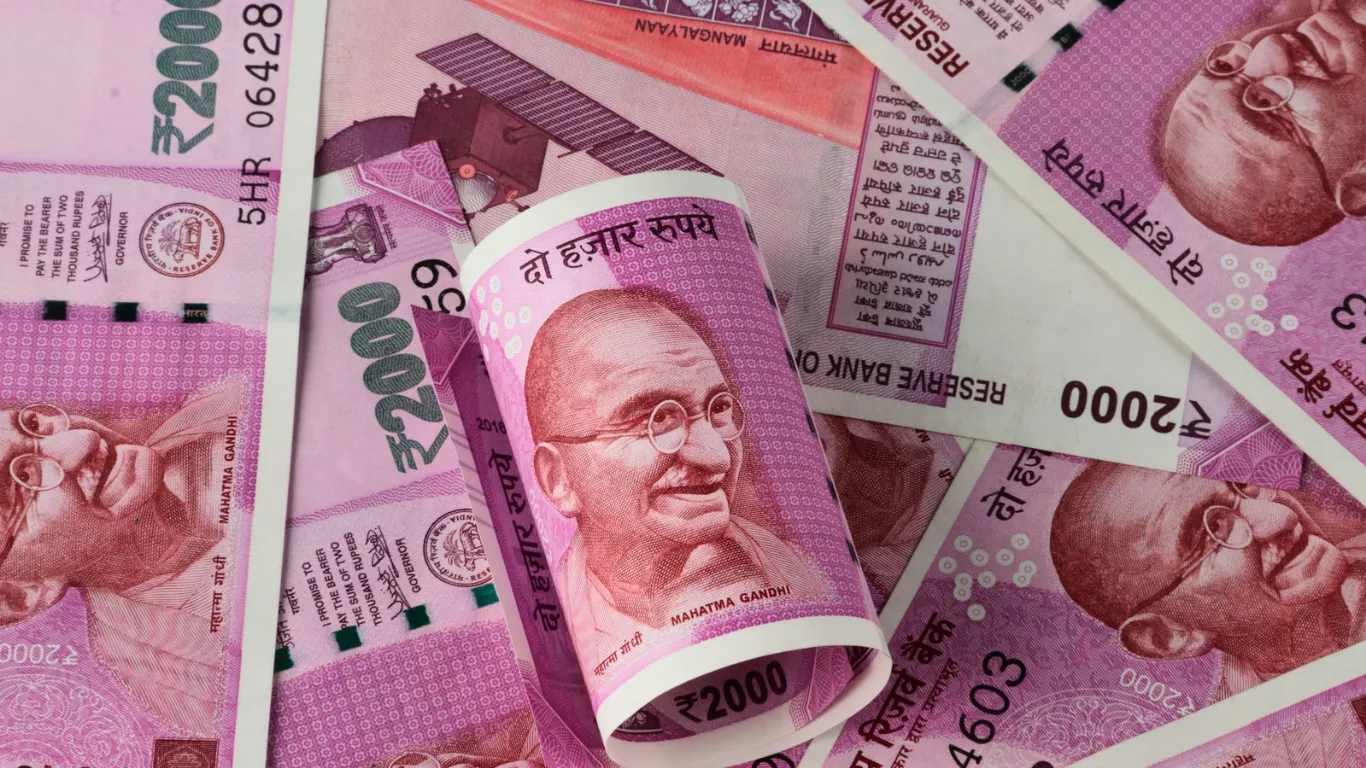The Reserve Bank of India (RBI) has now permitted all people to exchange their old Rs 2,000 currency notes at post offices in all of India. This new facility comes as a relief for many who were struggling to return these notes to the RBI offices before the deadline.
Long Queues Outside RBI Offices
In recent weeks, there were reports about long serpentine queues outside RBI offices as people rushed to deposit their Rs 2,000 notes. The central bank had announced last year it would gradually withdraw these high-denomination notes which were launched after demonetization in 2016.
How Can You Exchange Notes at Post Offices?
The RBI has explained the process in a Frequently Asked Questions (FAQs) section on its website. People can now simply send their old Rs 2,000 banknotes to any of the RBI’s 19 issue offices directly from their nearby post office.
Here are the steps:
1) Visit the RBI website and download the form for exchanging notes. Fill in your details in the form.
2) Submit the completed form along with the Rs 2,000 notes you want to exchange at your nearest post office.
3) India Post staff will verify the form and forward the notes to the designated RBI issue office on your behalf.
The Speed-breaker – Rs 20,000 Limits
But, there is a limit to depositing only Rs 20,000 worth of Rs 2,000 notes per person. This could be done in a single transaction or multiple transactions – but the total amount should not exceed the Rs 20,000 cap.
Why the 2,000 Rupee Note is Being Withdrawn
The high-value Rs 2,000 note was hardly being used in day-to-day transactions after its launch in 2016. RBI data showed over 97% of these notes in circulation returned to banks by 2023. This prompted the RBI to gradually withdraw the Rs 2,000 currency.
Apart from post offices, one can also exchange old Rs 2,000 notes across counters at RBI issue offices. The central bank has enabled several other facilities too like exchanging at bank branches, depositing in accounts etc. This provides multiple channels to people for returning the notes before final withdrawal.
According to bankers, the utility of Rs 2,000 notes has reduced over time. Replacing it with smaller denominations like Rs 200 would be more practical for daily cash usage. There are expectations that RBI may introduce a new series of notes across denominations with upgraded security features in the coming years.
The Rs 2,000 note will continue as legal tender for the present. But it is likely to be slowly phased out. The latest RBI move to allow exchange at post offices will benefit people in rural and remote regions to return these notes conveniently before they are finally withdrawn.
